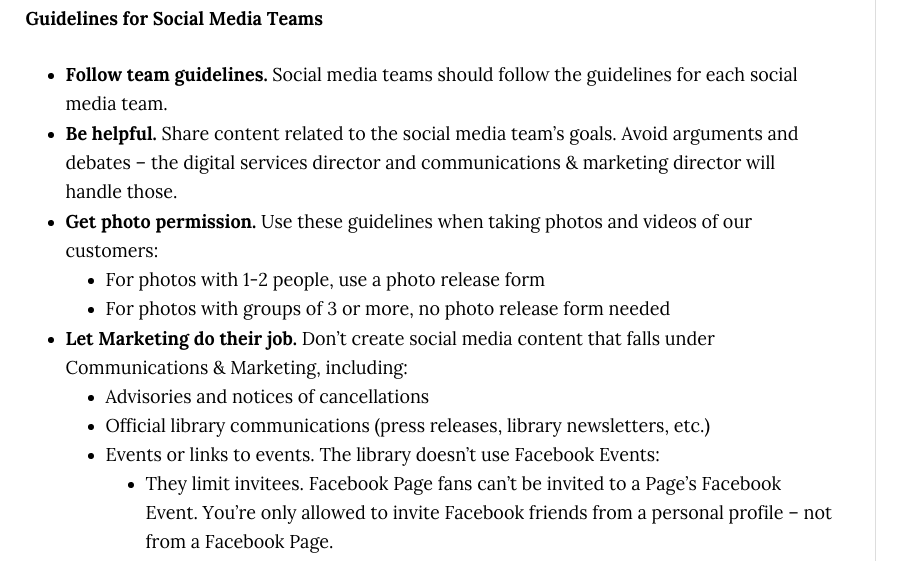This week Donald Trump retweeted a fake video, without realizing it was fake, to help his campaign for presidency. When told the video was fake, he “admitted that as long as it’s on the Internet, he feels absolutely no obligation to fact-check what he tweets to his 6.87 million followers.” (Novak, 2016). Upon hearing the news, I wasn’t very surprised. Everybody knows you can’t trust everything on the Internet. However, I was a little disconcerted that people in power don’t think about the validity of what they are putting up on Social Media sites.
Now this post is not a political rant or a discussion on US politics. Rather, I want to look at what librarians can do to ensure that information coming through the library is true and how to teach patrons to evaluate that information on Social Media.
 Photo Credit: Skley. CC 2.0 License.
Photo Credit: Skley. CC 2.0 License.
Most libraries today hold computer classes, such as Microsoft Word, intro to the Internet, etc., and, upon a little research, I discovered that the VPL has held an Introduction to Social Media class. However, I wonder to what extent they teach how to use Social Media. Do they only focus on the technical logistics – use @ for someone’s name, # for a topic – or do they go further and teach how to evaluate the information, how to fact check, etc.
Just yesterday, I helped my mom sign up for Twitter and taught her the basics. At first I just started with the simple how-to steps: This is how you use hashtags, this is how you search, this is how you add people, etc. Soon I found myself explaining the more intricacies of using Twitter: How to spot a different narrative from pairings of tags, how to see who is retweeting the tweet to determine how influential the tweet is, etc. A few hours later I got a text from her saying how glad she was that I taught her all of the more in-depth ways of evaluating and disseminating the information she was exploring. She wrote that, “I thought I was going to have a headache, but now I am finding some really cool stuff”.
This made me wonder how many people are taught how to understand the nature of the information being thrown at them on Social Media. Do they just sign up and wing it? As Librarians is it our job to educate our patrons or do we assume that those who care will figure it out themselves?

